Recent Research Publications
Displaying 12 Results Out of 277
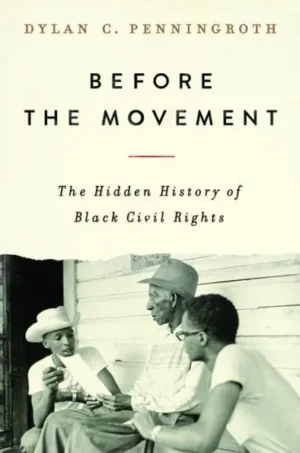
- Books
Before the Movement: The Hidden History of Black Civil Rights
September 2023
Dylan C. Penningroth
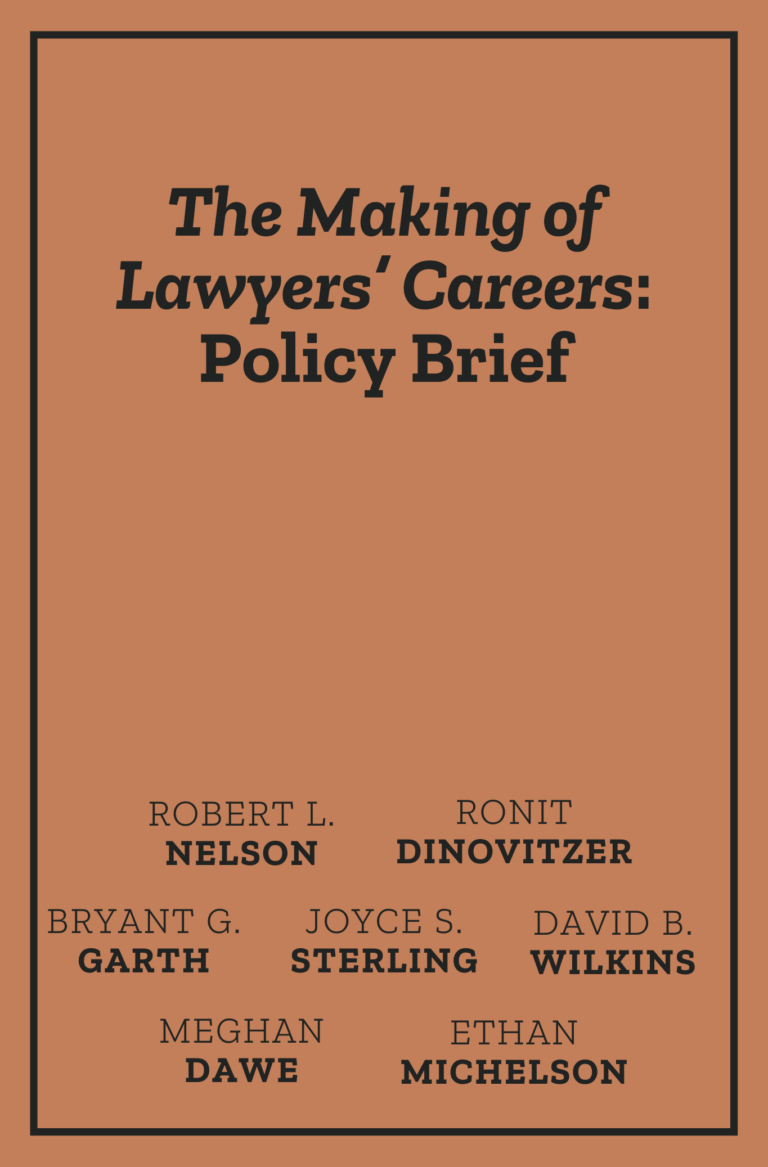
- Reports
The Making of Lawyers Careers Policy Brief
November 2023
Robert L. Nelson, Bryant Garth, Ronit Dinovitzer, Meghan Dawe, David B. Wilkins and Ethan Michelson
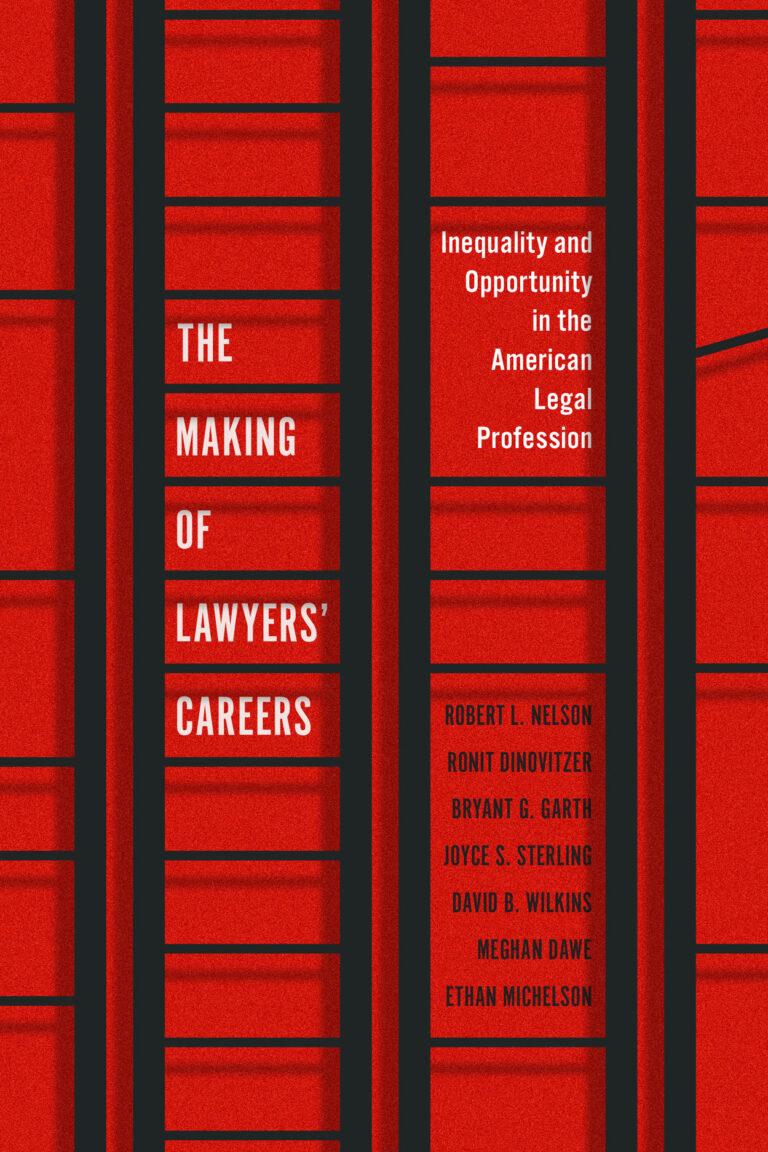
- Books
The Making of Lawyers' Careers: Inequality and Opportunity in the American Legal Profession
October 2023
Robert L. Nelson, Ronit Dinovitzer, Bryant Garth, Joyce Sterling, David B. Wilkins, Meghan Dawe and Ethan Michelson
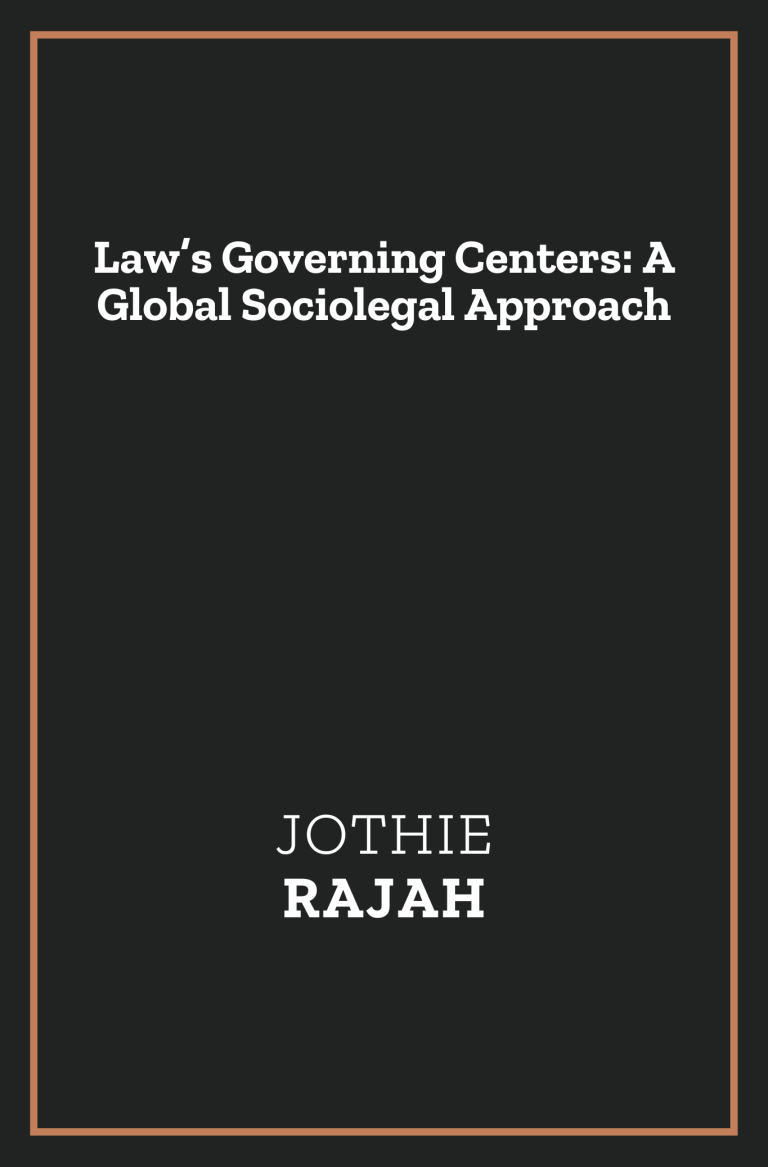
- Chapters
Law’s Governing Centers: A Global Sociolegal Approach
June 2023
Jothie Rajah
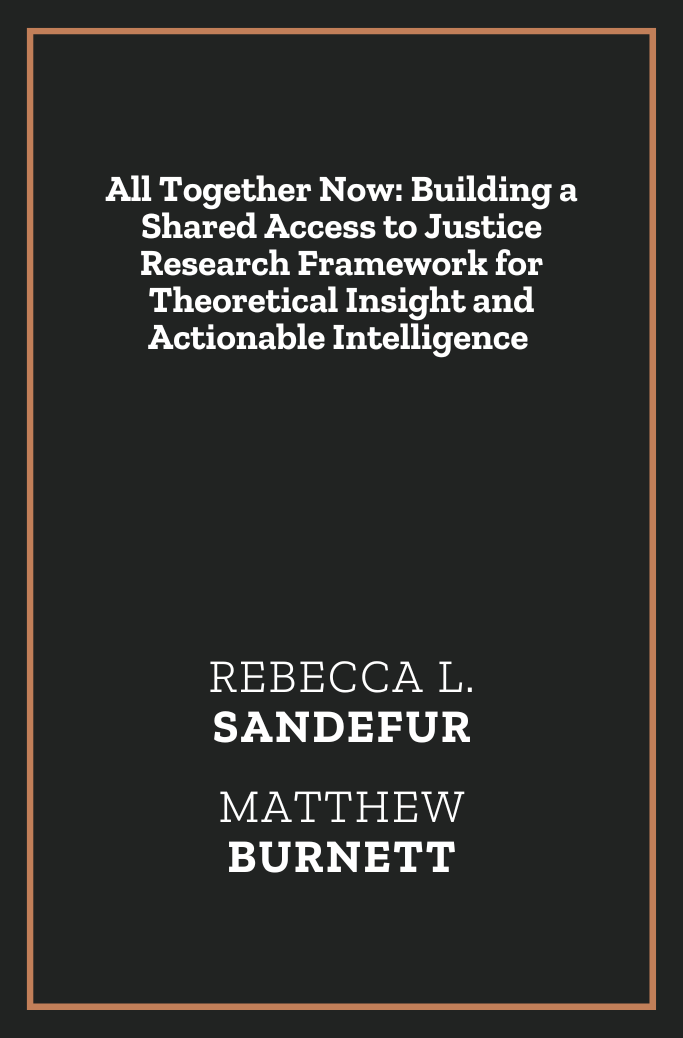
- Articles
All Together Now: Building a Shared Access to Justice Research Framework for Theoretical Insight and Actionable Intelligence
April 2023
Rebecca L. Sandefur and Matthew Burnett
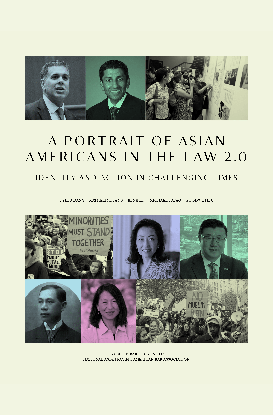
- Reports
A Portrait of Asian Americans in the Law 2.0: Identity and Action in Challenging Times
2022
Hon. Goodwin Liu, Tyler Dang, Katherine Fang and Michael Tayag
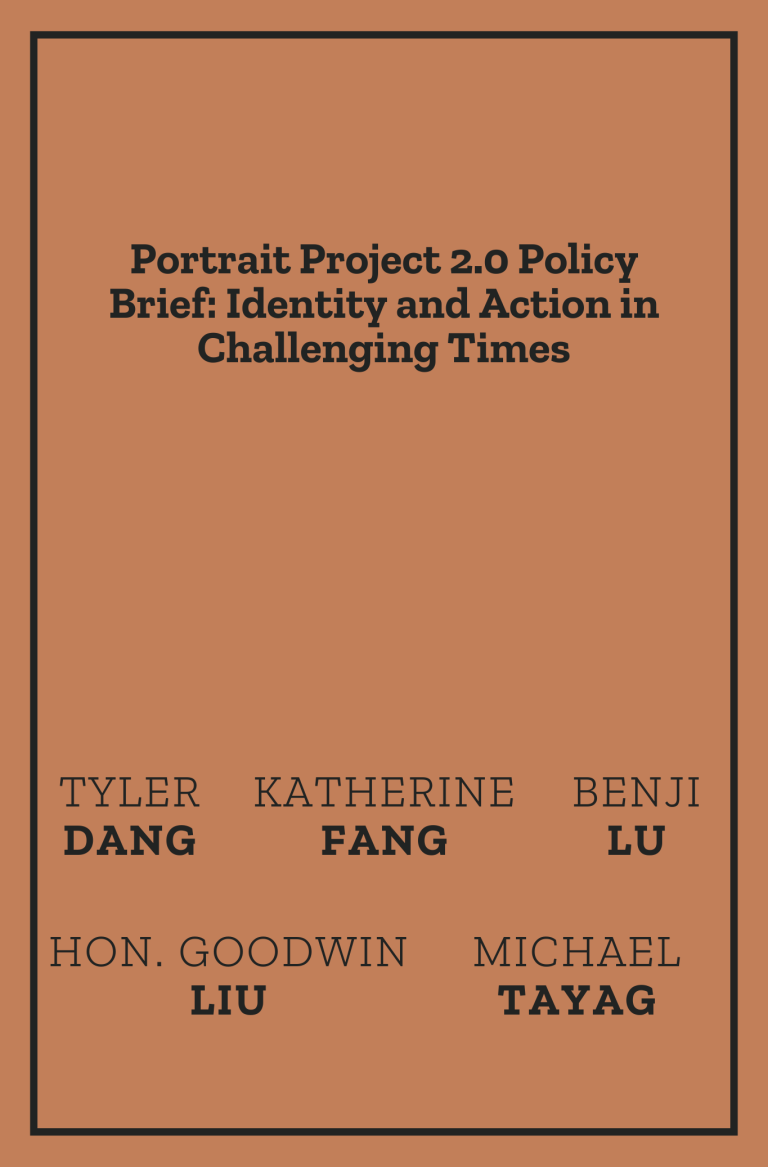
- Reports
Portrait Project 2.0 Policy Brief: Identity and Action in Challenging Times
2022
Tyler Dang, Katherine Fang, Benji Lu, Hon. Goodwin Liu and Michael Tayag
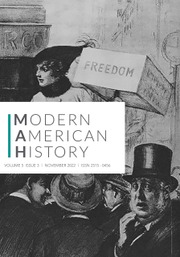
- Articles
Experts, Democracy and the Historical Irony of U.S. Tax Policy: Thomas S. Adams and the Beginnings of the Value-Added Tax
December 2022
Ajay K. Mehrotra
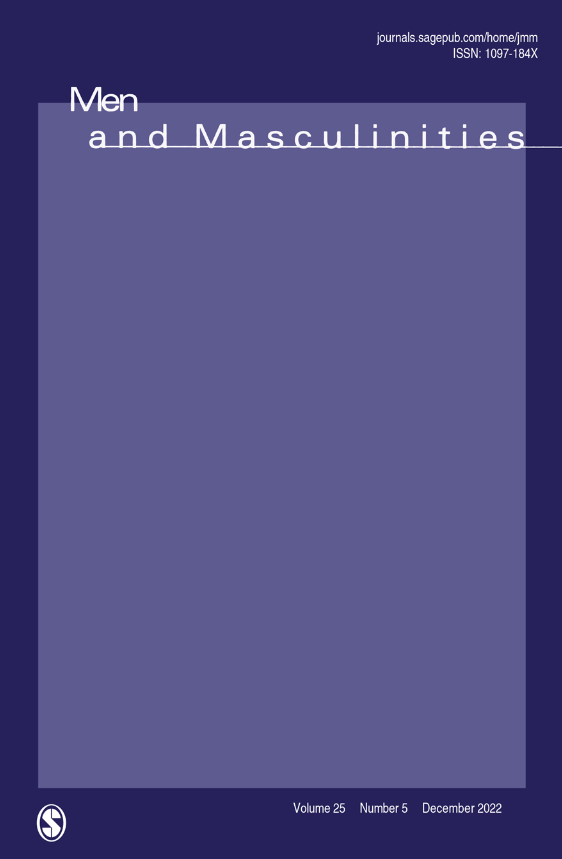
- Articles
The Exonerating "Guise of Brotherhood": Intra-Fraternal Sexual Violence Survivors' Accounts of Illegibility
November 2022
David Fishman, Laura Beth Nielsen, Sino Esthappan and Laura Beth Nielsen
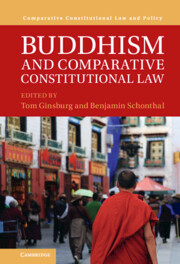
- Books
Buddhism and Comparative Constitutional Law
November 2022
Tom Ginsburg and Benjamin Schonthal

- Articles
Brown, History, and the Fourteenth Amendment
November 2022
Christopher W. Schmidt
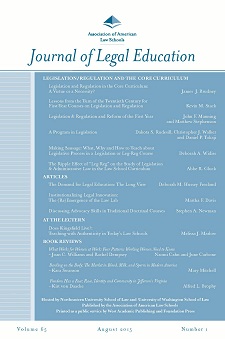
- Articles
Sociolegal Research, the Law School Survey of Student Engagement, and Studying Diversity in Judicial Clerkships
Winter 2020
Ajay K. Mehrotra, Shih-Chun Steven Chien and Xiangnong Wang
